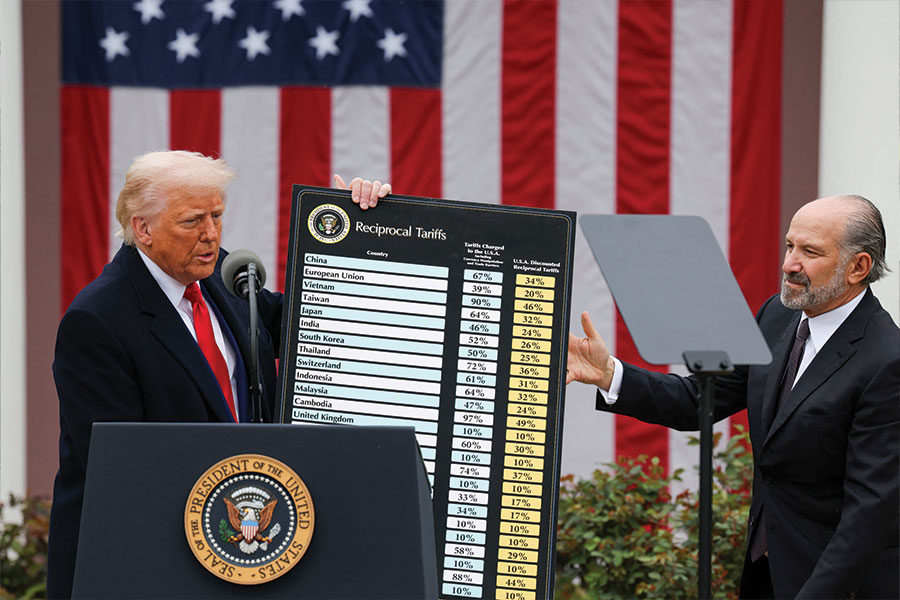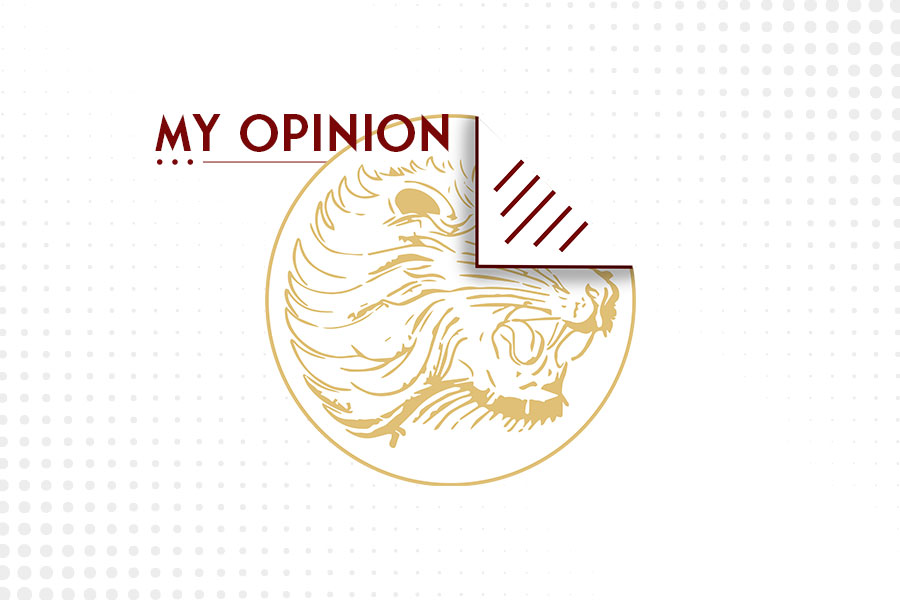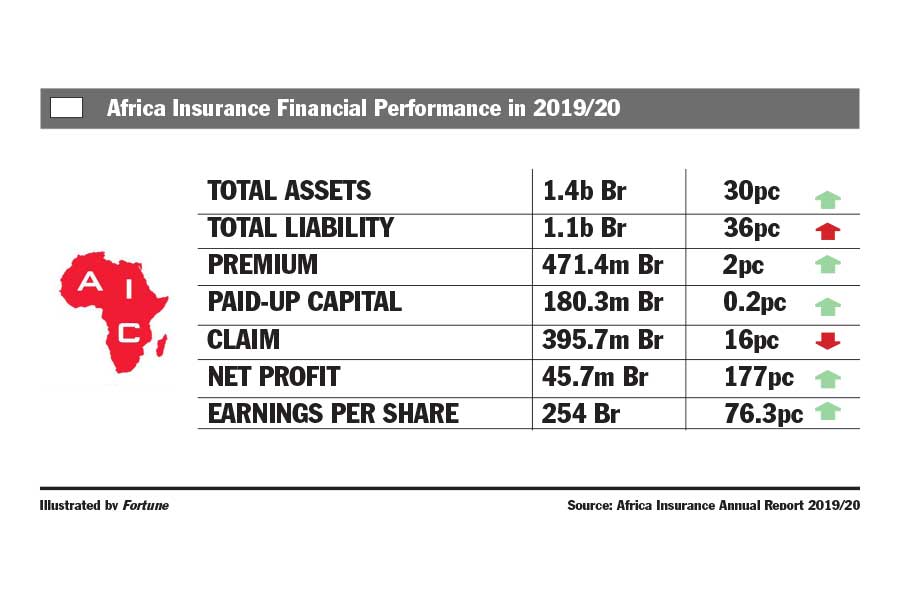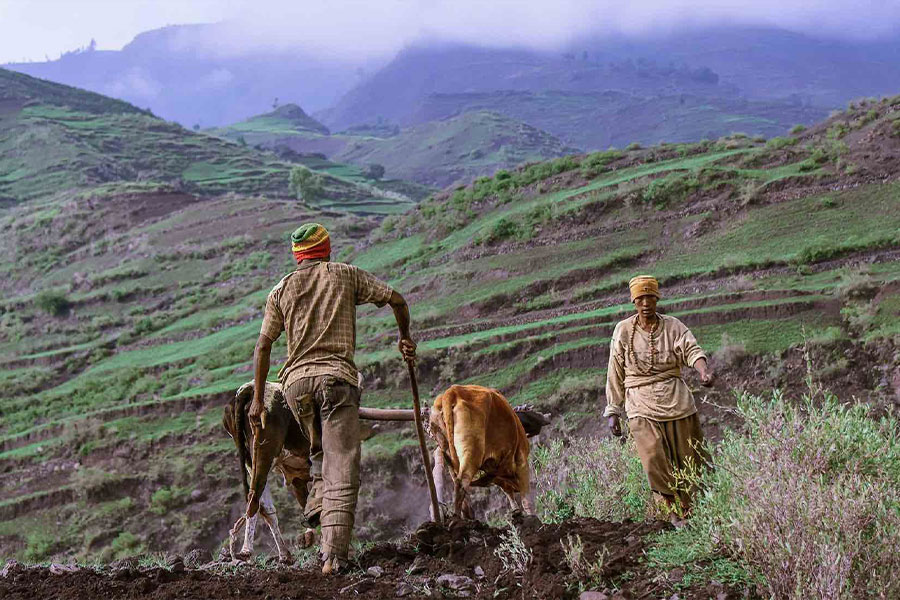
Viewpoints | Aug 10,2025
Nov 27 , 2021
By Christian Tesfaye
It was an interesting piece of news last week to learn that, following talks between the military and civilian leaders, Sudan’s Prime Minister would be reinstated. It is the result of a political deal between the different forces contending for power. This could mean that one more disaster is avoided in a region that has a flood of problems.
The Horn of Africa is a peculiar part of the world. With the exception of Djibouti, every country that is a part of the region is undergoing some sort of crisis. From civil war in Ethiopia that has dragged in Eritrea to state failure in Somalia, trouble is on the rise in this region. Add Sudan and South Sudan as regionally relevant members to the Horn, and then there is much to worry about the fate of the countries.
In order to address the ensuing disaster, it is critical to contextualise conflict and poverty in any country from the perspective of the region. It would be impossible for any one country to comprehensibly address political instability and underdevelopment without the region as a whole improving on its economic and political indicators.
This should be obvious. Wealth, poverty and conflict are concentrated in specific parts of the world. It is not a coincidence that North America, West Europe and now East Asia have the wealthiest countries on Earth, with a population that enjoys a comparable standard of living. South America and East Europe have emerging economies on the path to developed nation status, and North Africa and the Middle East follow closely behind (with oil-rich Arab countries being among the wealthiest in the world). While there are some exceptional countries in all of these regions, the likelihood is that any nation is about as stable and as rich as its neighbours.
The same goes for sub-Saharan Africa. It is like a slum. There could be countries, and individuals, within them with great potential. But it does not matter. There is poor infrastructure and weak health and education systems; thus it is hard to develop human and physical capital. It is impossible to be entrepreneurial since the institutions that prevail in the system are extractive. And, if someone builds something worthwhile by some miracle, it is liable to get stolen as it will stick out like a sore thumb.
Ethiopia is not living in a good neighbourhood. This is a massive holdback for the country. It does not only mean that it is starved of markets close by it can trade with but will have to deal with extremism that arises in other countries and lack of sustainable agreements and trusted regional institutions with its neighbours. The risk of conflicts and proxy wars with such countries is very high.
The reverse is also true. An Ethiopia that is poor and in crisis will make things harder for every other member of the region. It will inflict greater pressure on other countries in terms of migration and create economic paralysis.
A macro, regional-level approach is thus critical to helping individual countries. This is why organisations such as the African Union and trade areas such as the African Continental Free Trade Area (AfCFTA) are necessary. They have both come out of the understanding that the challenges African countries face cannot be addressed one at a time but that it is essential to look at the bigger picture. It tries to address the neighbourhood problem in a way that has not been approached before. While individual countries have their part to play in getting their own houses in order, the slum can only be improved by overhauling the whole neighbourhood.
PUBLISHED ON
Nov 27,2021 [ VOL
22 , NO
1126]


Viewpoints | Aug 10,2025

Advertorials | Oct 10,2019

Viewpoints | Aug 23,2025

Commentaries | Dec 26,2020

My Opinion | Apr 29,2023

My Opinion | Oct 14,2023

Radar | Sep 18,2022

Fortune News | Dec 12,2020

View From Arada | Sep 06,2025

Viewpoints | Aug 31,2019

Photo Gallery | 176061 Views | May 06,2019

Photo Gallery | 166271 Views | Apr 26,2019

Photo Gallery | 156705 Views | Oct 06,2021

My Opinion | 136873 Views | Aug 14,2021

Dec 22 , 2024 . By TIZITA SHEWAFERAW
Charged with transforming colossal state-owned enterprises into modern and competitiv...

Aug 18 , 2024 . By AKSAH ITALO
Although predictable Yonas Zerihun's job in the ride-hailing service is not immune to...

Jul 28 , 2024 . By TIZITA SHEWAFERAW
Unhabitual, perhaps too many, Samuel Gebreyohannes, 38, used to occasionally enjoy a couple of beers at breakfast. However, he recently swit...

Jul 13 , 2024 . By AKSAH ITALO
Investors who rely on tractors, trucks, and field vehicles for commuting, transporting commodities, and f...

Oct 18 , 2025
The political establishment, notably the ruling party and its top brass, has become p...

Oct 11 , 2025
Ladislas Farago, a roving Associated Press (AP) correspondent, arrived in Ethiopia in...

Oct 4 , 2025
Eyob Tekalegn (PhD) had been in the Governor's chair for only weeks when, on Septembe...

Sep 27 , 2025
Four years into an experiment with “shock therapy” in education, the national moo...

Oct 18 , 2025 . By NAHOM AYELE
In a sweeping reform that upends nearly a decade of uniform health insurance contribu...

A bill that could transform the nutritional state sits in a limbo, even as the countr...

Oct 18 , 2025 . By SURAFEL MULUGETA
A long-planned directive to curb carbon emissions from fossil-fuel-powered vehicles h...

Oct 18 , 2025 . By BEZAWIT HULUAGER
Transaction advisors working with companies that hold over a quarter of a billion Bir...